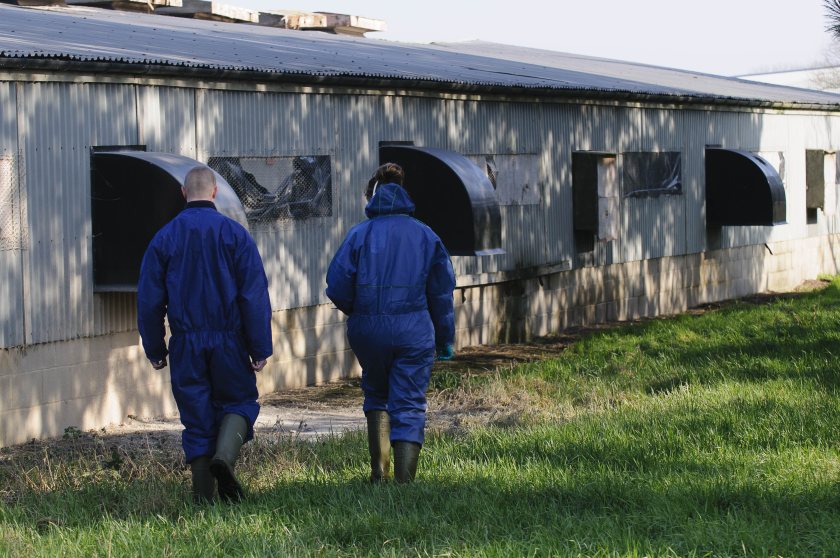
Authorities have ordered a cull of 8,000 free range hens following confirmation of highly-pathogenic bird flu on a farm in Cumbria.
Avian influenza of the H5N1 subtype was confirmed on Sunday evening (2 July) at a premises near Bootle.
A 3km protection zone and a 10 km surveillance zone have been declared around the premises, Defra said.
All of the affected 8,000 free range hens will be humanely culled, the department added.
The case is the second in recent days, as highly pathogenic avian influenza was detected in captive birds in West Sussex last week.
The scale of outbreaks across the UK and Europe have been unprecedented, with over 350 cases confirmed across the country since late October 2021.
The government lifted the mandatory housing order in April, as the risk of disease incursion had lowered.
However, the Avian Influenza Prevention Zone (AIPZ) remains in force across England, Wales and Scotland.
Dr Christine Middlemiss, the UK’s chief veterinary officer, said that scrupulous biosecurity remained the most critical form of defence to help keep birds safe.
"It is thanks to the hard work of all bird keepers and vets who have played their part in keeping flocks safe this winter that we are in a position to take this action.
"However, the unprecedented nature of this outbreak has proven it’s more important than ever for bird keepers to remain vigilant for signs of disease and maintain stringent standards of biosecurity.
"Those who intend to allow their birds outside are advised to use the upcoming days to prepare their outside areas for the release of their birds.
"This will include cleansing and disinfection of hard surfaces, fencing off ponds or standing water and reintroduction of wild bird deterrents."
What can I do to strengthen biosecurity?
The AIPZ requires keepers of poultry and other captive birds to take appropriate and practicable steps to prevent avian influenza, including:
• Keeping kept birds off land that is known to be, or at high risk of being, frequented by wild waterfowl, or contaminated by their droppings or feathers.
• Ensure the areas where birds are kept are unattractive to wild birds, especially waterfowl, for example, by netting ponds and surrounding areas and by removing wild bird food sources;
• Feed and water birds in enclosed areas to discourage wild birds;
• Minimise movement of people in and out of bird enclosures;
• Clean and disinfect footwear, use foot dips before entering poultry enclosures, and keep areas where birds live clean and tidy;
• Ensure all bedding, equipment, clothing and anything else that enters the areas where birds are kept are free of direct or indirect contamination with HPAI, which is mainly spread through bird droppings.
• Keep domestic ducks and geese separate from other poultry.
• All of these steps are important in protecting birds. Alongside these, completing the mandatory biosecurity self-assessment can further help keepers identify the measures needed to be taken to ensure the safety of their flock.
Findings of dead wild birds should continue to be reported to the Defra helpline on 03459 33 55 77 and keepers should continue to promptly report suspicion of disease in their birds to APHA on 0300 303 8268.
